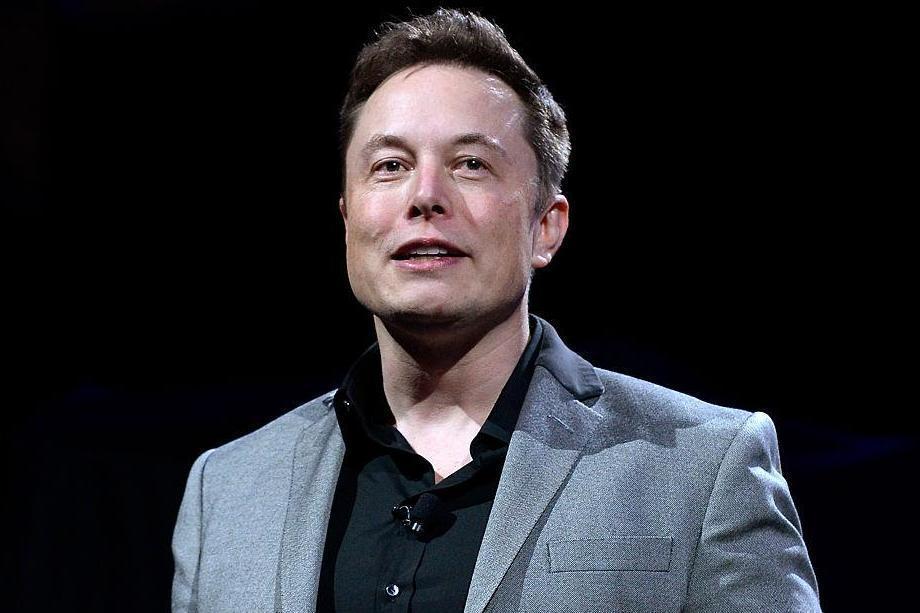Elon Musk uses this ancient critical-thinking strategy to outsmart everybody else

Your support helps us to tell the story
From reproductive rights to climate change to Big Tech, The Independent is on the ground when the story is developing. Whether it's investigating the financials of Elon Musk's pro-Trump PAC or producing our latest documentary, 'The A Word', which shines a light on the American women fighting for reproductive rights, we know how important it is to parse out the facts from the messaging.
At such a critical moment in US history, we need reporters on the ground. Your donation allows us to keep sending journalists to speak to both sides of the story.
The Independent is trusted by Americans across the entire political spectrum. And unlike many other quality news outlets, we choose not to lock Americans out of our reporting and analysis with paywalls. We believe quality journalism should be available to everyone, paid for by those who can afford it.
Your support makes all the difference.Before he was a world-changing entrepreneur, Elon Musk was on track to become a physicist — even starting an applied physics Ph.D. at Stanford University.
But while he dropped out of the program after only a few days, the field left an impression on the billionaire-to-be.
Perhaps most crucially, it trained him in "first principles thinking," a mode of inquiry that relentlessly pursues the foundations of a problem.
"I think it's important to reason from first principles rather than by analogy," Musk said in an interview with Kevin Rose.
"The normal way we conduct our lives is we reason by analogy," he said. "[With analogy] we are doing this because it's like something else that was done, or it is like what other people are doing. [With first principles] you boil things down to the most fundamental truths … and then reason up from there."
The first-principles approach has deep roots.
Over 2300 years ago, Aristotle said that a first principle is the "first basis from which a thing is known" and that pursuing first principles is the key to doing any sort of systemic inquiry — whether in philosophy, as he did, or in business, as Musk does.
While Musk admits that arguing from first principles "takes a lot more mental energy," you can end up with novel or even groundbreaking results.
The first-principles method was crucial for the start of SpaceX.
When Musk and his team were trying to estimate how much the first SpaceX rockets would cost, they could have just looked at the products on the market. But as the blog 99u points out, his team didn't settle for that analogy-based argument. Instead, they figured out what the necessary parts of a rocket were, and then found out how much the raw materials of those parts would cost.
The result was startling: SpaceX could build a rocket for about 2% of the typical price.
So much for conventional wisdom.
In his interview with Rose, Musk provided another example:
Someone could — and people do — say battery packs are really expensive and that's just the way they will always be because that's the way they have been in the past. They would say, "It's going to cost $600 / kilowatt-hour. It's not going to be much better than that in the future."
But first-principles thinking will not heed the pundits' advice.
Instead, you start asking fundamental questions. Musk continues:
What are the material constituents of the batteries? What is the spot market value of the material constituents? It has carbon, nickel, aluminum, and some polymers for separation, and a steel can. Break that down on a materials basis, if we bought that on a London Metal Exchange, what would each of these things cost?
Oh jeez, it's $80 / kilowatt-hour. Clearly, you need to think of clever ways to take those materials and combine them into the shape of a battery cell, and you can have batteries that are much cheaper than anyone realizes.
The takeaway: With first-principles thinking, you attack problems from a different angle, potentially making much better decisions.
Read more:
• This chart is easy to interpret: It says we're screwed
• How Uber became the world's most valuable startup
• These 4 things could trigger the next crisis in Europe
Read the original article on Business Insider UK. © 2016. Follow Business Insider UK on Twitter.
Join our commenting forum
Join thought-provoking conversations, follow other Independent readers and see their replies
Comments